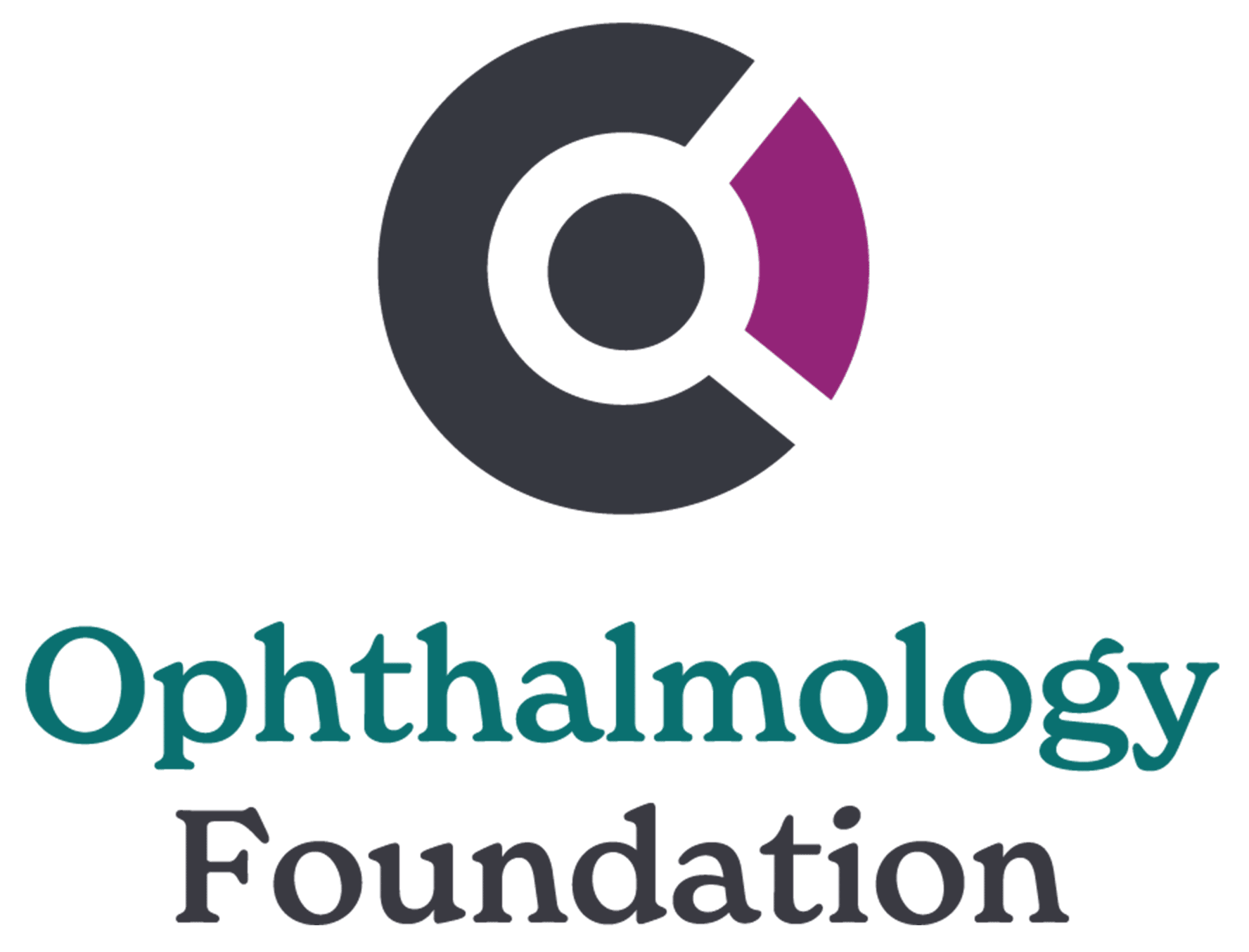Intended Learners
Residents, Ophthalmologists, Allied Ophthalmic Personnel
Available Credit
3 AMA PRA Category 1 Credit(s)TM per module
First Module Opened: 07/01/21
CME Expires: 07/31/2024
Cost: Free
Instructors:
Arun Acharya
Alberto Arntz
Jesús Barrio Barrio
Kathy Cao
Zelia Correa
Susan Culican
Anthony Vipin Das
Clare Davey
Fátima Pedrosa Domellöf
Helena Filipe
Jorge Valdez García
Prashant Garg
Matt Gearinger
Karl Golnik
Catherine Green
Ashok Grover
Jaclyn Haugsdal
Marko Hawlina Rizwana Hussaindeen
Vanitha Jeyaraj
Mila Kostik
Hans Lewis
Mildred Lopez
Heather Mack
João Pedro Marques
Eduardo Mayorga
Ilhem Mili-Boussen
Sashwanthi Mohan
Muhammad Moin
Maria MonteroKaushik Murali
Gabriela Palis
Anamika Patel
Paul Paulson
Jeff Pettey
Lorraine Provencher
Peter Quiros
Jameel Rizwana
Marie Louise Roed Rasmussen
Ian Yeo Yew San
Ana Silva
Meenakshi Swaminathan
Edmund Tsui
Devendra Venkatramani
Eduardo Viteri
Chee Chew Yip
Course Materials:
Recorded lectures
Recorded synchronous webinars
Online exercises
Readings
Description
This online series addresses the needs of anyone that is interested in teaching ophthalmologists in training and allied ophthalmic personnel. The series consists of 21 individual modules that cover the foundational principles of instructing adult learners. Topics include adult learning principles, principles and tools for assessment and online learning, teaching critical thinking, and more.
CME Credit Information
This activity has been planned and implemented in accordance with the accreditation requirements and policies of the Accreditation Council for Continuing Medical Education (ACCME) through the joint providership of the University of Cincinnati, The Ophthalmology Foundation & the PAAO. The University of Cincinnati is accredited by the ACCME to provide continuing medical education for physicians.
The University of Cincinnati designates this enduring material activity for a maximum of 36.0 AMA PRA Category 1 Credits™. Physicians should claim only the credit commensurate with the extent of their participation in the activity.
Each module associated with this activity is worth 3.0 AMA PRA Category 1 Credit™.
To earn the credits, you must enroll in the course, go to a module, and complete the activities. Once you have completed the activities for a module, a link will appear to access the credits certificate for that module.
Course Format
This is a self-led series with 21 independent modules. Participants can choose to participate in the entire series, or choose to join the modules that will be most useful to them. Modules are self-paced. Modules consist of a recorded asynchronous presentations with activities and assessment. A synchronous webinar is offered during the first month of a new module. The recording is available for future participants or those not available to join live. Each module will offer a certificate and CME credits after completion of the mandatory activities. The estimated time to complete each module is 3-4 hours.


